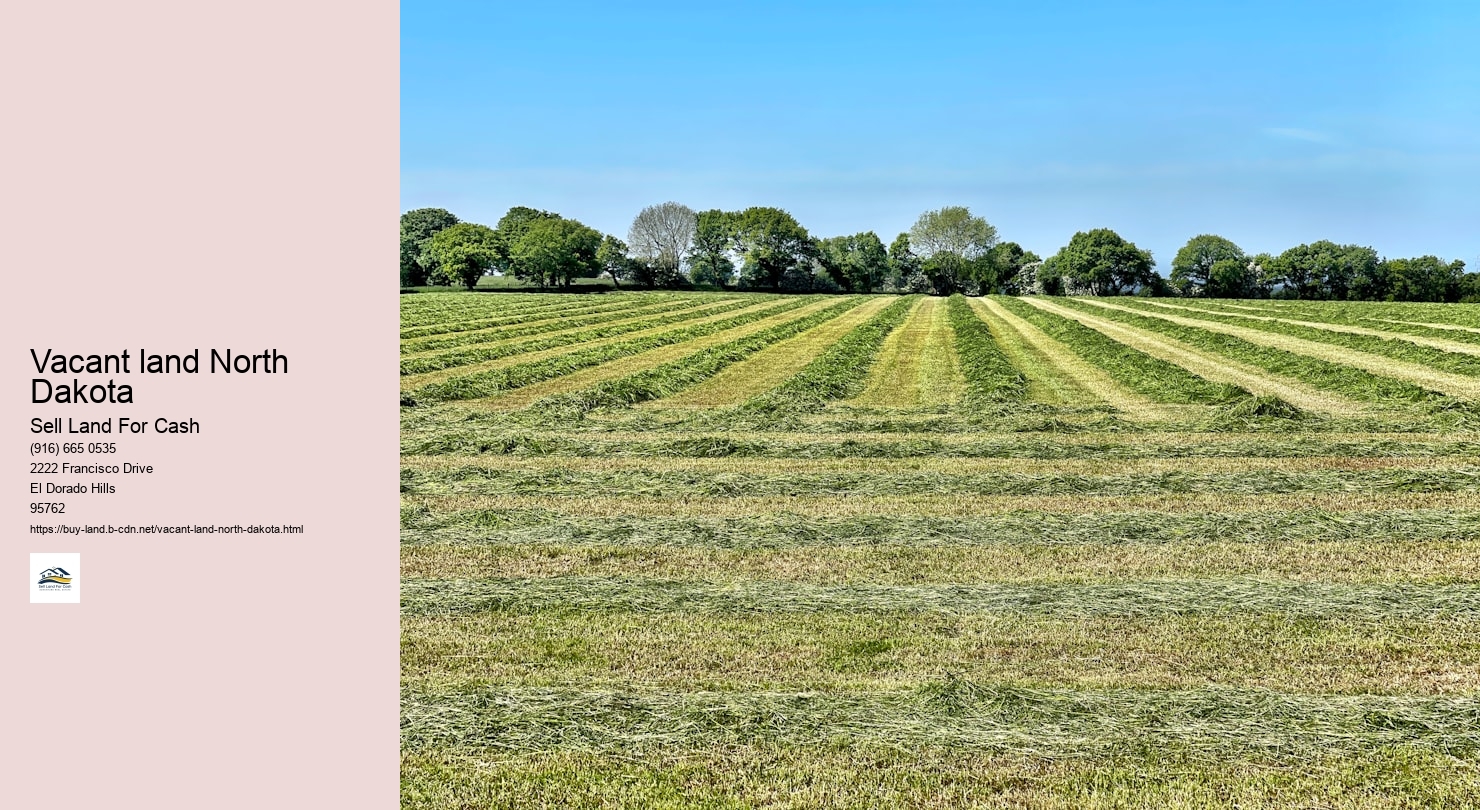

When it comes to selling your North Dakota land, determining its value is crucial in order to ensure you get a fair price for your property. Here are some key factors to consider when determining the value of your North Dakota land before putting it on the market.
Location
The location of your land plays a significant role in determining its value. Land located near cities or popular attractions tends to have a higher value compared to land in remote areas. Consider factors such as proximity to amenities, schools, and major roads when assessing the location of your North Dakota land.
Land Size and Shape
The size and shape of your land also impact its value. Larger parcels of land typically have a higher value, especially if they are suitable for development or agricultural purposes. Additionally, irregularly shaped parcels may be less desirable and therefore have a lower value compared to well-shaped plots.
Land Use Potential
Consider the potential uses for your North Dakota land when determining its value. For example, if your land is zoned for residential or commercial development, it may have a higher value than agricultural or recreational land. Understanding the potential uses for your land can help you accurately assess its market value.
Market Trends
Stay informed about market trends in the area where your North Dakota land is located. Factors such as supply and demand, economic conditions, and local development projects can all influence the market value of your land. Research recent sales data for similar properties in the area to get an idea of how much similar parcels are selling for.
Consult Professionals
Finally, consider consulting with real estate professionals or appraisers who specialize in valuing North Dakota land. These experts can provide you with valuable insights into the current market conditions and help you determine a fair asking price for your property. Their expertise can help ensure that you sell your North Dakota land for cash at its true market value.
When it comes to marketing North Dakota land for sale, there are several best practices that can help ensure a successful and profitable transaction. From leveraging online platforms to highlighting the unique features of the property, these strategies can help attract potential buyers and maximize your selling price.
Utilize professional photography and videography One of the most important aspects of marketing North Dakota land for sale is utilizing high-quality professional photography and videography. Quality images and videos can showcase the beauty of the land and its surroundings, helping to attract potential buyers and generate interest in the property.
Highlight key selling points When marketing North Dakota land for sale, it's essential to highlight the key selling points of the property. Whether it's proximity to amenities, stunning views, or recreational opportunities, emphasizing these features can help set your listing apart from others on the market.
Utilize online platforms In today's digital age, utilizing online platforms is crucial when marketing North Dakota land for sale. From listing websites to social media platforms, reaching a wide audience online can increase visibility and attract more potential buyers to your listing.
Partner with a local real estate agent Partnering with a local real estate agent who specializes in North Dakota land sales can be beneficial when marketing your property. An experienced agent will have knowledge of the local market trends and buyer preferences, helping you navigate the selling process more effectively.
Consider targeted advertising Targeted advertising can be an effective strategy when marketing North Dakota land for sale. By identifying specific demographics or interests that align with your property's features, you can create targeted ads that reach potential buyers who are more likely to be interested in purchasing your land.
Host open houses or virtual tours Hosting open houses or virtual tours can also help market North Dakota land for sale effectively. Providing interested buyers with an opportunity to visit the property in person or virtually can give them a better sense of its size, layout, and overall appeal, ultimately increasing their likelihood of making an offer.
North Dakota ( /dəˈkoʊtə/ ⓘ də-KOH-tə) is a landlocked U.S. state in the Upper Midwest, named after the indigenous Dakota Sioux. It is bordered by the Canadian provinces of Saskatchewan and Manitoba to the north and by the U.S. states of Minnesota to the east, South Dakota to the south, and Montana to the west. North Dakota is part of the Great Plains region, characterized by broad prairies, steppe, temperate savanna, badlands, and farmland. North Dakota is the 19th-largest state, but with a population of less than 780,000, it is the fourth-least populous and fourth-most sparsely populated. The state capital is Bismarck while the most populous city is Fargo, which accounts for nearly a fifth of the state's population; both cities are among the fastest-growing in the U.S., although half of all residents live in rural areas.
What is now North Dakota was inhabited for thousands of years by various Native American tribes, including the Mandan, Hidatsa, and Arikara along the Missouri River; the Ojibwe and Cree in the northeast; and several Sioux groups (the Nakota, Dakota, and Lakota) across the rest of the state. European explorers and traders first arrived in the early 18th century, mostly in pursuit of lucrative furs.
The United States acquired the region in the early 19th century, gradually settling it amid growing resistance by increasingly displaced natives. The Dakota Territory, established in 1861, became central to American pioneers, with the Homestead Act of 1862 precipitating significant population growth and development. The traditional fur trade declined in favor of farming, particularly of wheat. The subsequent Dakota Boom from 1878 to 1886 saw giant farms stretched across the rolling prairies, with the territory becoming a regional economic power. The Northern Pacific and Great Northern railway companies competed for access to lucrative grain centers; farmers banded together in political and socioeconomic alliances that were core to the broader Populist Movement of the Midwest. North and South Dakota were admitted to the Union on November 2, 1889, as the 39th and 40th states. President Benjamin Harrison shuffled the statehood papers before signing them so that no one could tell which became a state first; consequently, the two states are officially numbered in alphabetical order. Statehood marked the gradual winding-down of the pioneer period, with the state fully settled by around 1920. Subsequent decades saw a rise in radical agrarian movements and economic cooperatives, of which one legacy is the Bank of North Dakota, the only state-run bank in the U.S.

The vast expanses of North Dakota, with its rolling plains and endless horizons, have long been a symbol of the American heartland.. Known for its agricultural richness and natural beauty, this state has become an intriguing focal point for discussions on land value.
Posted by on 2024-03-10
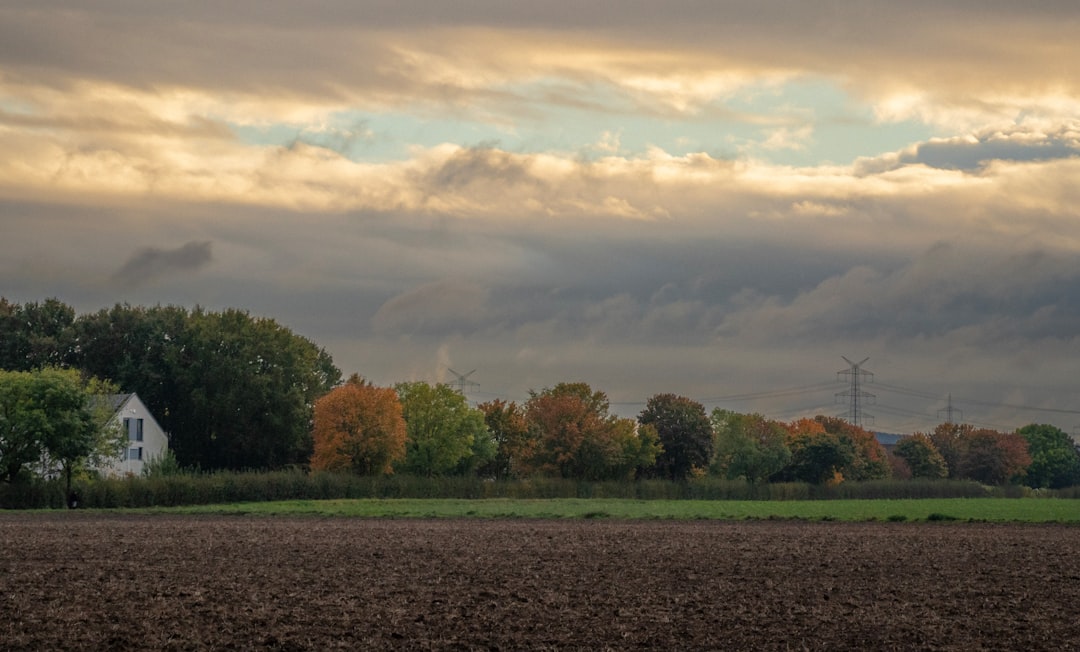
Selling land in North Dakota, especially for cash, is a venture that intertwines practicality with the nuances of local real estate dynamics.. The process demands not only an understanding of basic market principles but also an appreciation for the unique characteristics that make North Dakota land distinct and desirable.
Posted by on 2024-03-10
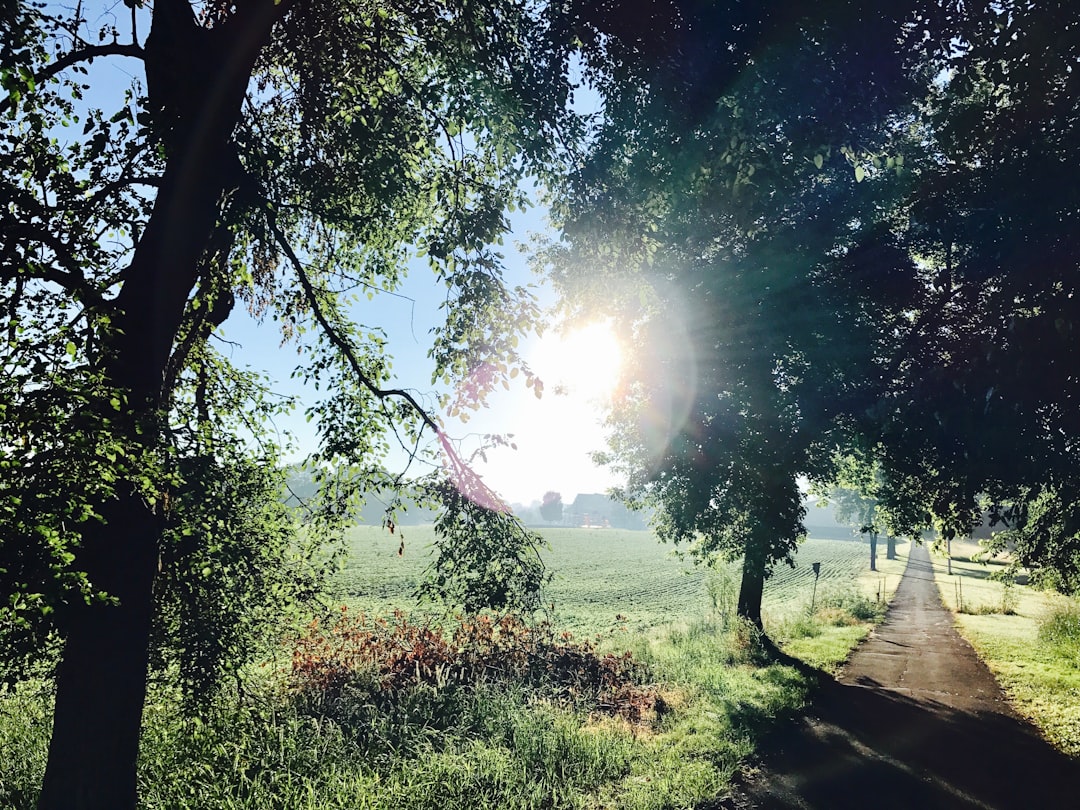
Selling land quickly for cash can be a daunting task, especially in a unique market like North Dakota.. Yet, with the right approach and understanding of the local real estate landscape, it is entirely possible to achieve a swift sale at a fair price.
Posted by on 2024-03-10
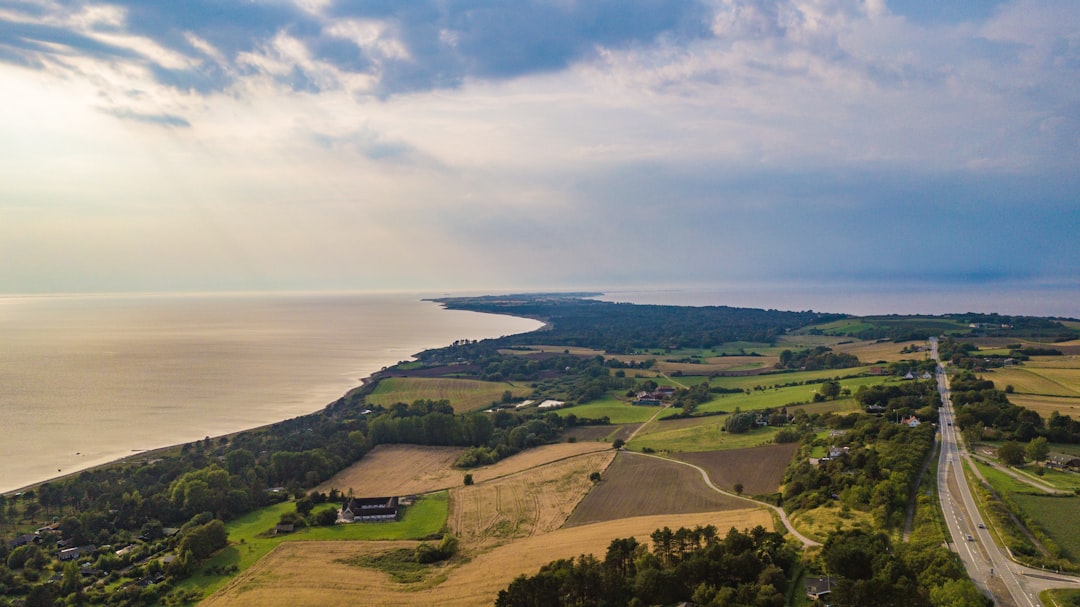
Selling land in North Dakota for cash can be both a rewarding and intricate process.. It involves several steps that require careful planning and execution to ensure a smooth transaction.
Posted by on 2024-03-10
The legal procedure for transferring ownership of North Dakota land to a buyer paying in cash involves several important steps that must be followed to ensure a smooth and legally binding transaction.
Due Diligence Before completing the sale, it is crucial for both the buyer and seller to conduct their due diligence. This includes verifying the title of the property, ensuring there are no outstanding liens or encumbrances, and confirming that the property boundaries are accurately represented. It is also recommended to hire a real estate attorney to assist with this process and review all relevant documents.
Purchase Agreement Once both parties have completed their due diligence and are ready to move forward with the sale, a purchase agreement must be drafted. This document outlines the terms of the sale, including the purchase price, closing date, and any conditions that must be met before the transfer of ownership can occur. It is essential for both parties to review this agreement carefully and make any necessary revisions before signing.
Closing Process During the closing process, all necessary paperwork will be signed by both parties, including the deed transferring ownership of the property from seller to buyer. In North Dakota, it is common for a title company or real estate attorney to handle this process and ensure that all legal requirements are met. The buyer will also typically pay the agreed-upon purchase price in cash at this time.
Recording of Deed After all documents have been signed and funds exchanged, the final step in transferring ownership of North Dakota land is recording the deed with the appropriate county office. This officially establishes the new owner's legal rights to the property and ensures that it is properly documented in public records. Once this step is completed, the transaction is considered finalized, and ownership has officially transferred from seller to buyer.

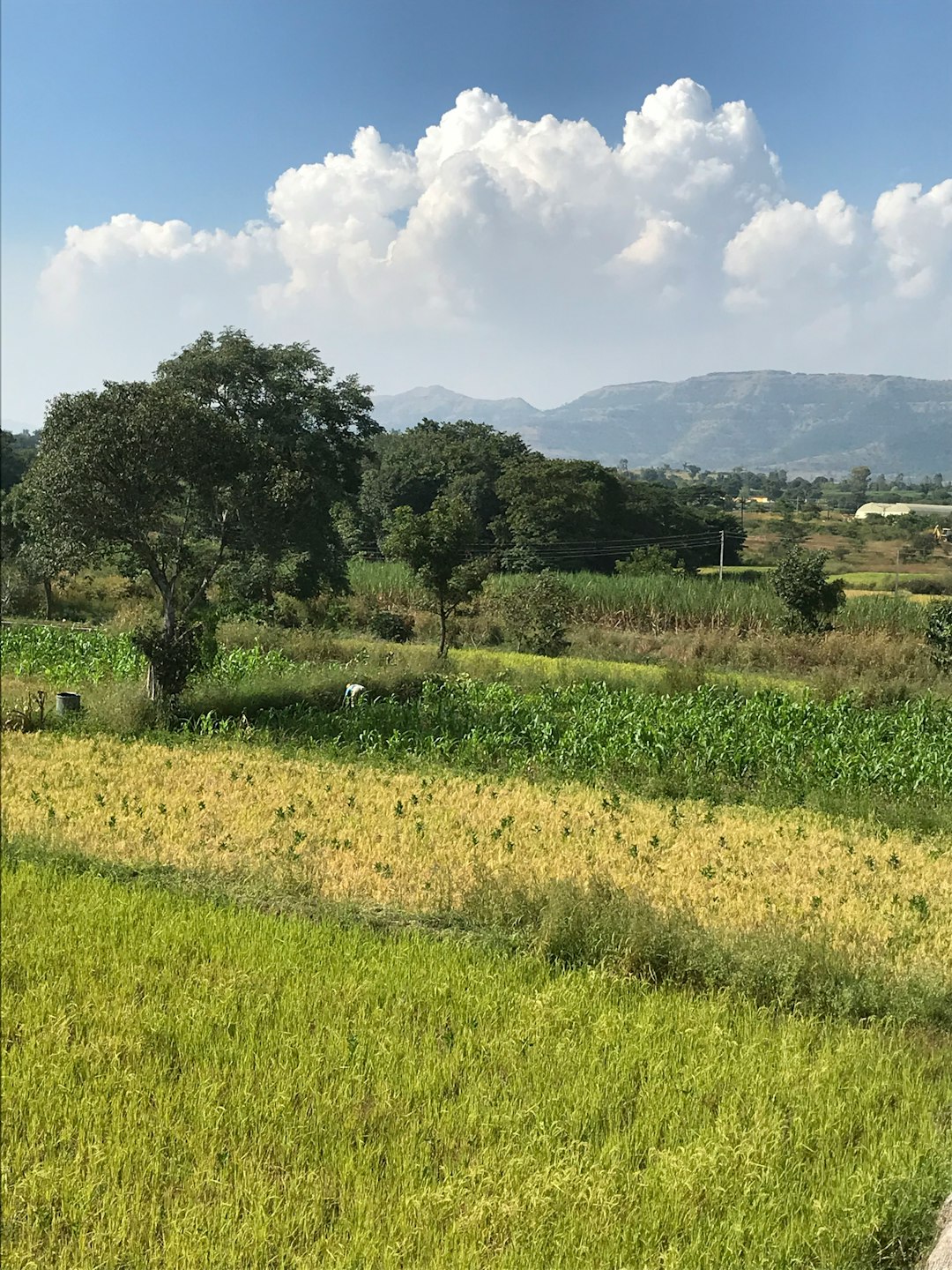
The ideal timing to sell North Dakota land for cash depends on various factors including market conditions, personal circumstances, and future projections. Here are some considerations to keep in mind when deciding the best time to sell your land:
Seasonal Factors: Consider the seasonal fluctuations in the real estate market when deciding when to sell your North Dakota land. Typically, spring and summer are popular seasons for selling land as the weather is favorable for property viewings and outdoor activities. However, depending on the type of land you have (e.g., agricultural, recreational, residential), there may be specific peak seasons that align with demand for that particular type of property.
Market Trends: Keep an eye on market trends in North Dakota to gauge whether it's a good time to sell your land. Factors such as interest rates, economic indicators, and local development projects can impact the demand for land in the area. If you notice a surge in property prices or increased buyer interest, it may be a good time to capitalize on these trends and sell your land for cash.
Personal Goals: Consider your own financial goals and timeline when deciding when to sell your North Dakota land. If you need quick access to cash or are looking to reinvest in other opportunities, selling sooner rather than later may be beneficial. On the other hand, if you can afford to wait for a potentially higher offer or better market conditions, holding onto your land could yield greater returns in the long run.
Future Projections: Evaluate future projections for North Dakota's real estate market and economy before making a decision to sell your land. Research upcoming developments, infrastructure projects, zoning changes, or any other factors that could impact the value of your property down the line. By staying informed about potential growth opportunities or challenges in the area, you can make a more strategic decision about when to sell your North Dakota land for cash.
Selling North Dakota land for cash can be a lucrative option for property owners looking to liquidate their assets quickly. However, there are several risks associated with this type of transaction that sellers should be aware of before proceeding.
Firstly, one risk of selling North Dakota land for cash is the potential for undervaluing the property. When selling to a cash buyer, there is a possibility that the seller may not receive the full market value of their land. Cash buyers often look to purchase properties at a discounted rate in exchange for a quick and hassle-free transaction.
Another risk to consider is the lack of legal protection when selling North Dakota land for cash. Without the oversight of a real estate agent or attorney, sellers may be vulnerable to fraudulent schemes or dishonest buyers. It is important for sellers to conduct thorough research on potential buyers and seek legal advice before finalizing any deals.
Additionally, selling North Dakota land for cash may result in missed opportunities for higher offers or more favorable terms. By limiting their options to cash buyers only, sellers could potentially overlook better offers from traditional buyers who may be willing to pay more or provide more flexible terms.
Finally, there is a risk of financial instability when selling North Dakota land for cash. Depending on the seller's financial situation and future plans, receiving a lump sum payment in cash could have tax implications or impact their overall financial portfolio. Sellers should consult with financial advisors to assess the potential risks and benefits of selling their land for cash before making any decisions.

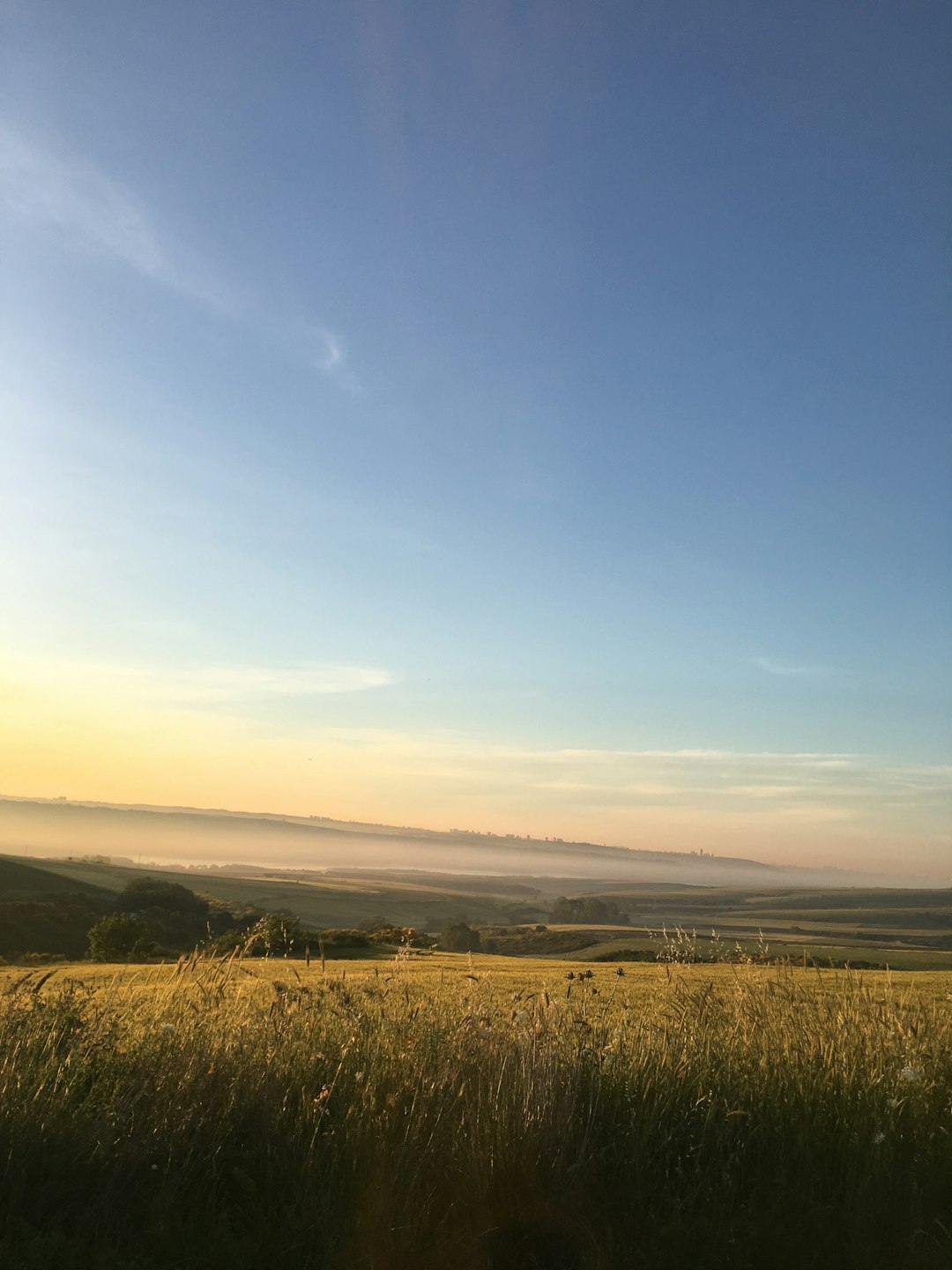
Research the Market: Before negotiating a deal to sell your North Dakota land for cash, it is crucial to research the current market conditions. Understand the demand for land in that specific area, recent sales prices of similar properties, and any potential developments or projects that could impact the value of your land.
Know Your Property's Value: Having a clear understanding of your North Dakota land's value will empower you during negotiations. Consider factors such as location, size, zoning regulations, accessibility to utilities, and any unique features that could increase its desirability. You may want to hire a professional appraiser to assess the property accurately.
Highlight Key Selling Points: When negotiating with potential buyers, make sure to emphasize the key selling points of your North Dakota land. Whether it's fertile soil for farming, proximity to amenities or highways, breathtaking views, or investment potential, showcasing these aspects can help justify your asking price and attract serious buyers.
Be Open to Offers: While it's essential to have a bottom line in mind when negotiating a deal for your North Dakota land, being open to offers can lead to fruitful negotiations. Consider all reasonable proposals and be willing to negotiate terms such as closing dates, contingencies, and payment options to reach a mutually beneficial agreement.
Negotiate from a Position of Strength: Gather all relevant information about your North Dakota land before entering negotiations. This includes property surveys, title deeds, tax records, and any existing leases or agreements. Knowing these details will give you confidence during discussions and strengthen your position as a seller.
Consult with Professionals: If you're unfamiliar with real estate transactions or negotiation strategies when selling North Dakota land for cash, consider seeking advice from professionals. Real estate agents, attorneys specializing in property law, or experienced investors can provide valuable insights and guidance throughout the negotiation process.
Document Everything: Once you've reached an agreement on selling your North Dakota land for cash through negotiations, ensure that all terms are documented in writing. This includes the purchase price, payment schedule, closing date, any contingencies or conditions agreed upon by both parties. Having a written contract will protect both parties' interests and prevent misunderstandings down the line.
When it comes to selling your North Dakota land for cash, there are several strategies you can implement to maximize your profit potential. By following these tips, you can ensure that you get the best possible price for your property.
Research the Market Trends Before putting your North Dakota land up for sale, it's important to research the current market trends in the area. Look at recent sales data, as well as any upcoming developments or infrastructure projects that could impact property values. This information will help you set a competitive price for your land.
Improve Your Land's Curb Appeal Just like selling a home, improving the curb appeal of your North Dakota land can help attract more buyers and increase its value. Consider clearing any debris or overgrown vegetation, and make sure the property is well-maintained and presentable. Investing in landscaping or minor improvements can also make a big difference in how potential buyers perceive your land.
Consider Hiring a Professional Selling land can be complex, especially if you're not familiar with real estate transactions. Consider hiring a professional real estate agent or broker who specializes in selling land in North Dakota. They can help you navigate the process, market your property effectively, and negotiate on your behalf to get the best possible price.
Advertise Your Land Online In today's digital world, most buyers start their search for properties online. Make sure to advertise your North Dakota land on popular real estate websites and social media platforms to reach a wider audience of potential buyers. Include high-quality photos and detailed descriptions to showcase the unique features of your land.
Be Flexible with Terms To attract more buyers and potentially increase your profit margin, consider being flexible with the terms of the sale. This could include offering seller financing options or accommodating specific requests from interested parties. Being open-minded and willing to negotiate can help expedite the sales process and lead to a higher sale price.
Stay Informed Throughout the Process Throughout the selling process, it's important to stay informed about any changes in market conditions or buyer interest. Be proactive in responding to inquiries and showing your North Dakota land to serious buyers. By staying engaged and informed, you'll be better positioned to maximize profit when selling your land for cash.
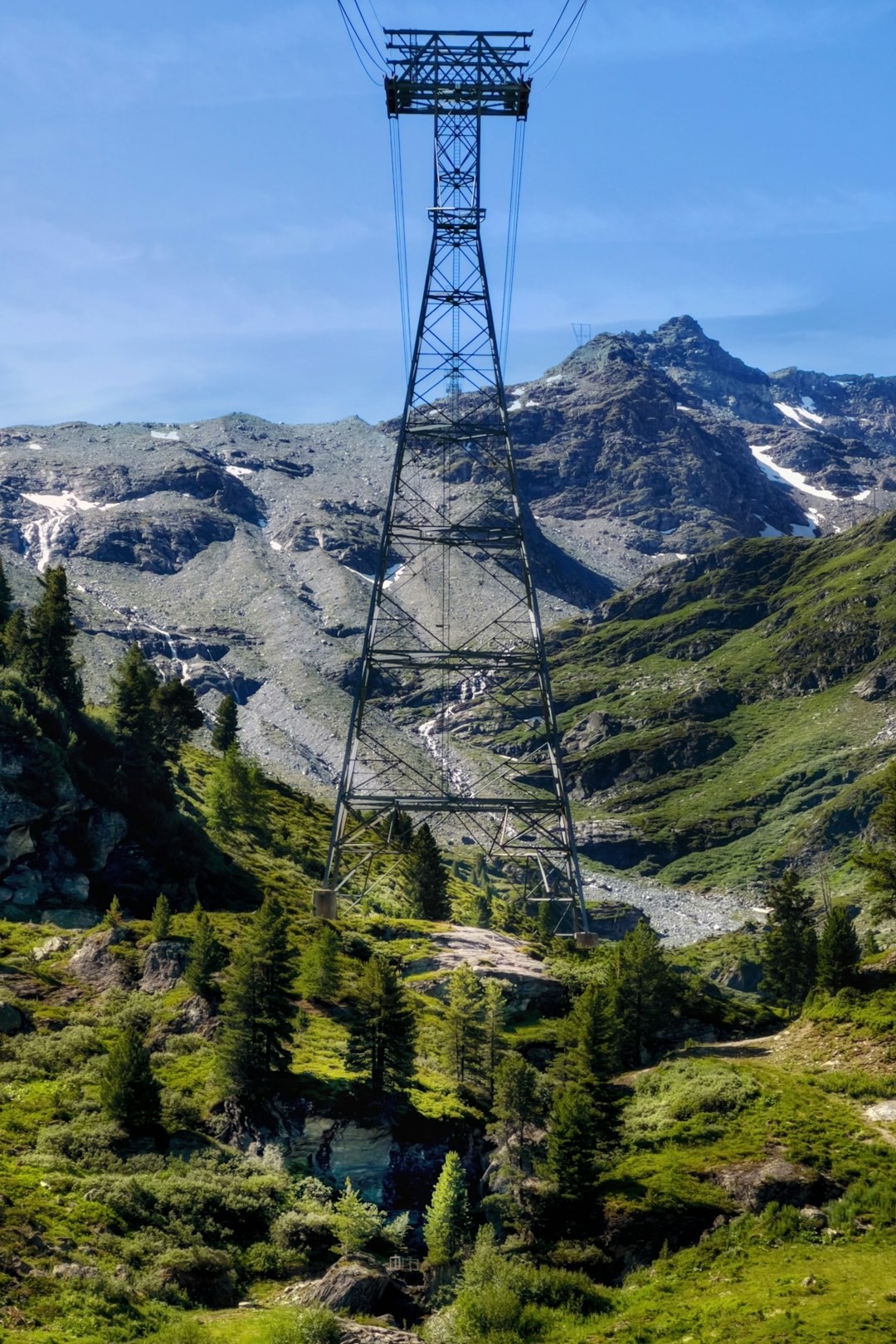
Network through online platforms like Craigslist or social media groups focused on real estate investment communities.
You can determine the market value by researching recent sales of similar properties, consulting with a real estate appraiser, or speaking with local real estate agents.
Yes, you can negotiate directly with buyers if you're not using an agent. Be prepared to discuss terms like closing costs and timelines.